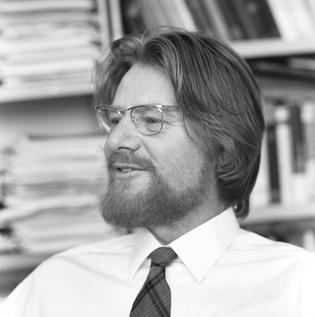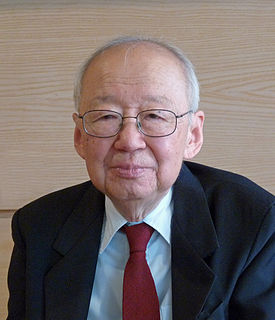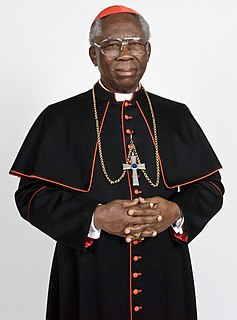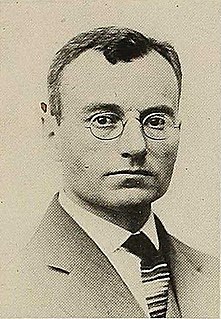A Quote by Noam Chomsky
The only debatable issue, it seems to me, is whether it is more ridiculous to turn to experts in social theory for general well-confirmed propositions, or to the specialists in the great religions and philosophical systems for insights into fundamental human values.
Related Quotes
To those who feel that their values are THE values, the less controlled systems necessarily present a spectacle of "chaos," simply because such systems respond to a diversity of values. The more successfully such systems respond to diversity, the more "chaos" there will be, by definition, according to the standards of ANY specific set of values- other than diversity or freedom as values. Looked at another way, the more self-righteous observers there are, the more chaos (and "waste") will be seen.
It seems to me that our problem has a lot less to do with the mechanics of solar power than the politics of human power—specifically whether there can be a shift in who wields it, a shift away from corporations and toward communities, which in turn depends on whether or not the great many people who are getting a rotten deal under our current system can build a determined and diverse enough social force to change the balance of power.
My opinion about Miller's experiments is the following. ... Should the positive result be confirmed, then the special theory of relativity and with it the general theory of relativity, in its current form, would be invalid. Experimentum summus judex. Only the equivalence of inertia and gravitation would remain, however, they would have to lead to a significantly different theory.
The concept of 'measurement' becomes so fuzzy on reflection that it is quite surprising to have it appearing in physical theory at the most fundamental level ... does not any analysis of measurement require concepts more fundamental than measurement? And should not the fundamental theory be about these more fundamental concepts?
In a sense, every human construction, whether mental or material, is a component in a landscape of fear because it exists in constant chaos. Thus children's fairy tales as well as adult's legends, cosmological myths, and indeed philosophical systems are shelters built by the mind in which human beings can rest, at least temporarily, from the siege of inchoate experience and of doubt.
[Giving] is the essence of the great religions of the world - whether you are discussing the Muslim, Hindu, Jewish or Christian religion. It is an essential fundamental principle of all religions, whatever stage of development a society has reached, to sympathize with others and to promote that spirit of equality.
For me, moral questions such as stem-cell research turn upon whether suffering is caused. In this case, clearly none is. The embryos have no nervous system. But that's not an issue discussed publicly. The issue is, Are they human? If you are an absolutist moralist, you say, "These cells are human, and therefore they deserve some kind of special moral treatment."
So much of the language that surrounds us - from things like economics, management theory, and the algorithms built into computer systems - appears to be objective and neutral. But in fact, it is loaded with powerful, and very debatable, political assumptions about how society should work and what human beings are really like.
I believe that my theory is correct; for whatever be the question upon which I am arguing, whether it be religious, philosophical, political, or economical; whether it affects well-being, morality, equality, right, justice, progress, responsibility, property, labor, exchange, capital, wages, taxes, population, credit, or Government; at whatever point of the scientific horizon I start from, I invariably come to the same thing—the solution of the social problem is in liberty.
A … difference between most system-building in the social sciences and systems of thought and classification of the natural sciences is to be seen in their evolution. In the natural sciences both theories and descriptive systems grow by adaptation to the increasing knowledge and experience of the scientists. In the social sciences, systems often issue fully formed from the mind of one man. Then they may be much discussed if they attract attention, but progressive adaptive modification as a result of the concerted efforts of great numbers of men is rare.
In the first place a philosophical proposition must be general. It must not deal specially with things on the surface of the earth, or within the solar system, or with any other portion of space and time. . . . This brings us to a second characteristic of philosophical propositions, namely that they must be a priori. A philosophical proposition must be such as can neither be proved nor disproved by empirical evidence. . . . Philosophy, if what has been said is correct, becomes indistinguishable from logic as that word has now come to be used.
The logic of all this seems to be that it is all right for young people in a democracy to learn about any civilization or social theory that is not dangerous, but that they should remain entirely ignorant of any civilization or social theory that might be dangerous on the ground that what you don't know can't hurt you ... a complete denial of the democratic principle that the general diffusion of knowledge and learning through the community is essential to the preservation of free government.






































